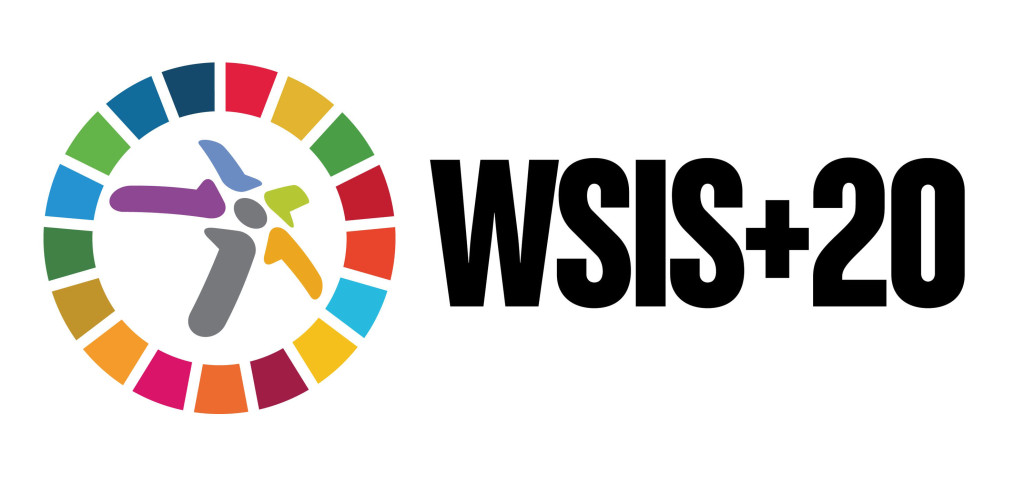Italy’s digital agency calls for a stronger, more coherent WSIS+20 framework
AGID’s recommendations reflect a broader European view that digital governance must become more integrated, accountable, and rights-based. They aim to make the WSIS+20 outcome not just a reaffirmation of principles, but a practical roadmap that aligns existing UN efforts and ensures long-term institutional stability.

Italy’s Agency for Digital Italy (AGID) has submitted detailed recommendations on the WSIS+20 Zero Draft, the document that will shape the future of global digital cooperation under the UN. The comments, sent by Concettina Cassa, a member of the UN’s Internet Governance Forum (IGF) Multistakeholder Advisory Group, were shared with the UN Department of Economic and Social Affairs (UNDESA) on 3 October 2025.
Her submission praises the draft for reaffirming key UN principles – such as human rights, sustainable development, and multistakeholder participation – but calls for more precise language, better coordination between UN processes, and stronger institutional foundations for global internet governance.
AGID’s key messages
The submission describes the draft as ‘overall quite good,’ recognising its strong emphasis on human rights, gender equality, environmental sustainability, and the multistakeholder model – where governments, private companies, civil society, and the technical community work together on digital policy issues.
However, her submission identifies several areas that need to be reinforced to make the WSIS+20 outcome more effective and future-proof.
From ‘people-centred’ to ‘human-centric’
Throughout the document, Cassa recommends replacing the term ‘people-centred’ with ‘human-centric.’ The change may seem small, but it reflects a philosophical shift: rather than focusing only on participation, the term human-centric stresses human dignity, fundamental rights, and ethical values in digital transformation.
She also urges the text to explicitly reference the 2024 São Paulo Multistakeholder Guidelines (also known as NETmundial+10), which outline how global digital policymaking should remain inclusive, transparent, and collaborative.
Making digital development fair and inclusive
The submission calls for a stronger link between digital transformation and human rights. Cassa notes that while technology can drive growth, it must be built on fairness, accessibility, and inclusion.
She proposes clearer commitments to ensure equal access for persons with disabilities, including dedicated funding and the use of universal-design principles to make digital platforms accessible to everyone. Investment in digital literacy and skills training, especially for women, youth, and rural communities, is also identified as a top priority.
Addressing digital sovereignty and market fragmentation
A new proposal from AGID introduces a balanced view on digital sovereignty – the idea that countries should have control over their own digital infrastructure and data. While acknowledging that these policies can protect citizens’ rights and cybersecurity, Cassa warns that they can also lead to digital protectionism if not handled carefully.
She recommends that the WSIS+20 text promote an open and interoperable global digital market, avoiding restrictions on cross-border data flows or online trade.
Environmental sustainability in the digital age
Cassa also strengthens the draft’s environmental dimension. She supports global standards for reporting the environmental impacts of digital technologies, such as data centre energy use and electronic waste, and encourages companies to apply environmental, social, and governance (ESG) criteria when designing digital systems.
Her recommendations include applying circular economy principles, such as repairability, reuse, and recycling, especially in developing countries that face growing e-waste problems.
Human rights, data, and AI governance
The submission reaffirms the UN principle that the same rights that apply offline must also be protected online, calling for strict compliance with international law. It explicitly condemns internet shutdowns, mass surveillance, and censorship as violations of those rights.
On data governance, AGID supports creating a UN working group to promote fair, transparent, and interoperable data ecosystems across borders.
For artificial intelligence (AI), Cassa calls for governance grounded in human rights and accountability, ensuring that AI systems are ethical, transparent, and inclusive. She stresses the importance of coordinating AI initiatives across UN bodies to avoid overlap.
Reforming the Internet Governance Forum (IGF)
One of AGID’s most significant proposals concerns the Internet Governance Forum (IGF), the UN’s main platform for discussing internet policy. Cassa supports making the IGF a permanent UN body with a stable mandate, predictable funding, and a stronger role within the UN system.
She suggests the IGF should:
- Report regularly to other UN digital-governance processes, such as the WSIS Forum and the Global Digital Compact;
- Strengthen links with the more than 170 National and Regional IGFs (NRIs);
- Create youth and citizen councils to expand participation; and
- Broaden engagement with developing countries and underrepresented communities.
According to her proposal, the IGF Secretariat should also be expanded to manage these new responsibilities and serve as a coordination hub for global digital discussions.
Linking WSIS+20 with the Global Digital Compact
A central theme in AGID’s submission is coherence. Cassa argues that WSIS+20 should not exist in isolation but should be fully aligned with the Global Digital Compact (GDC) – a new UN framework for digital cooperation adopted earlier in 2025 – and with the 2030 Agenda for Sustainable Development.
She proposes that the WSIS Action Lines, the Commission on Science and Technology for Development (CSTD), and the IGF together form the main structure for implementing both WSIS and the GDC.
Her proposal also includes creating a ‘digital cooperation help desk’ within the UN to support developing countries in implementing these frameworks and accessing technical expertise.
Why this matters
AGID’s recommendations reflect a broader European view that digital governance must become more integrated, accountable, and rights-based. They aim to make the WSIS+20 outcome not just a reaffirmation of principles, but a practical roadmap that aligns existing UN efforts and ensures long-term institutional stability.


